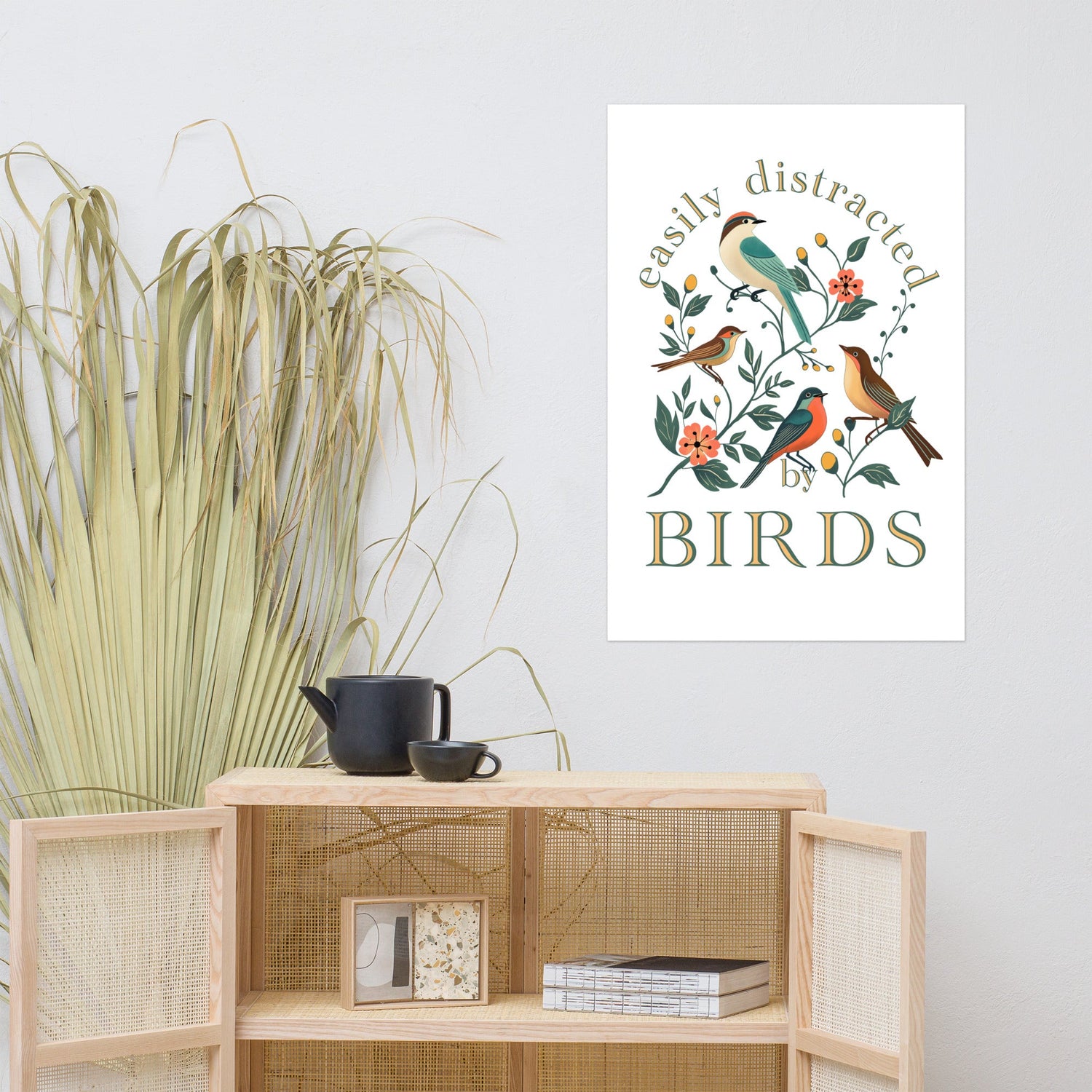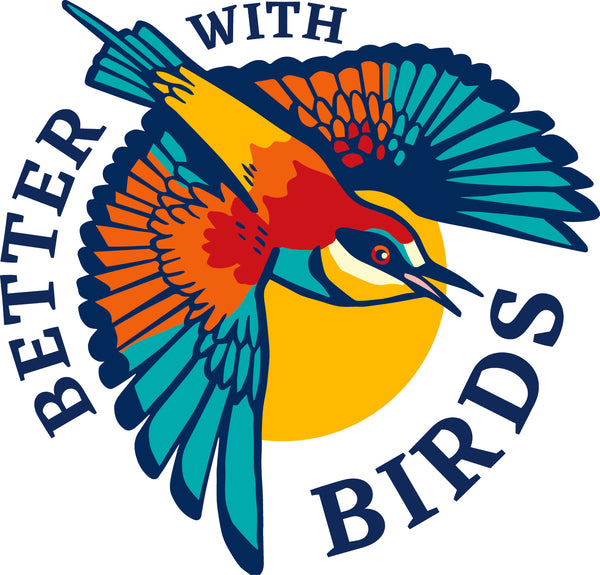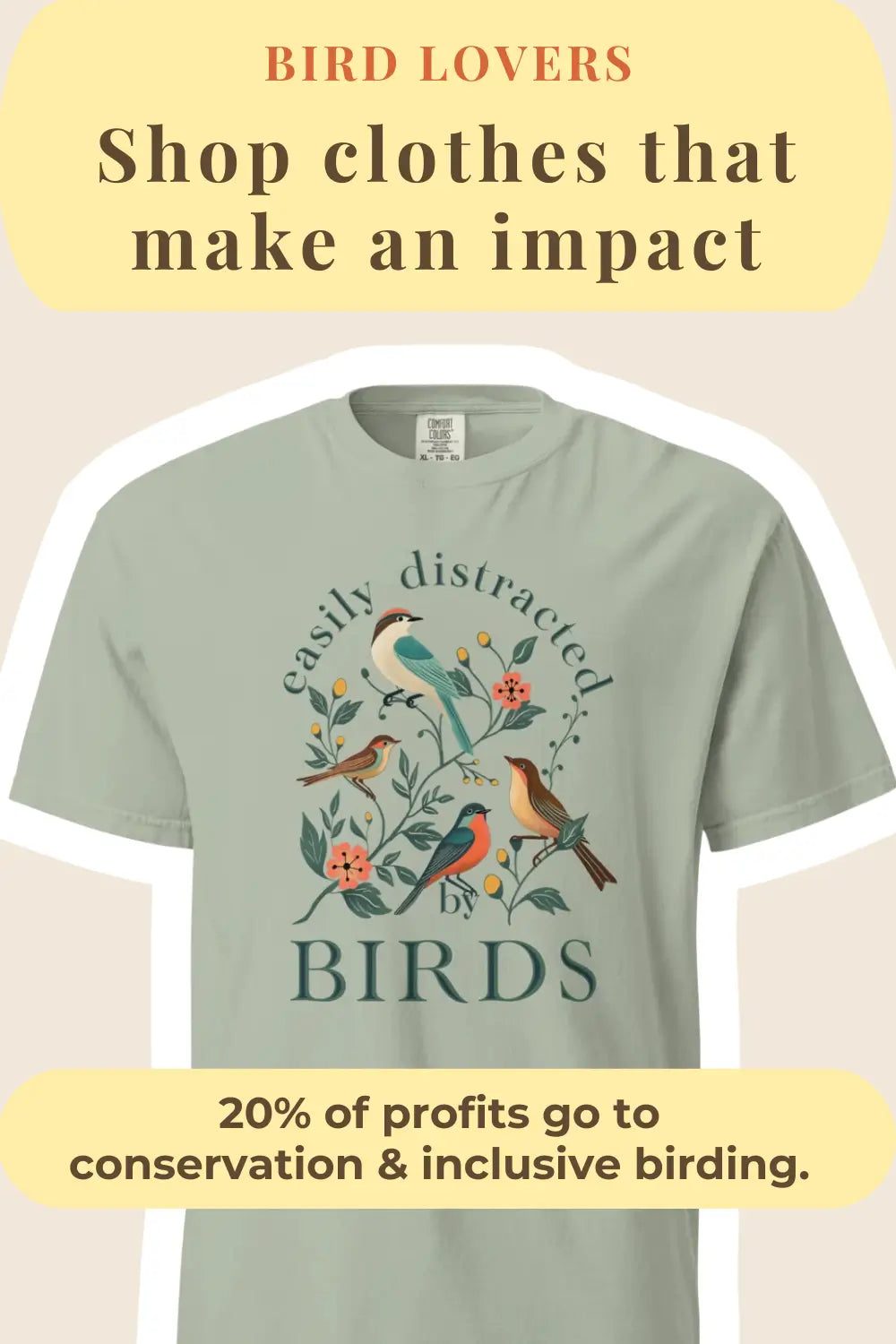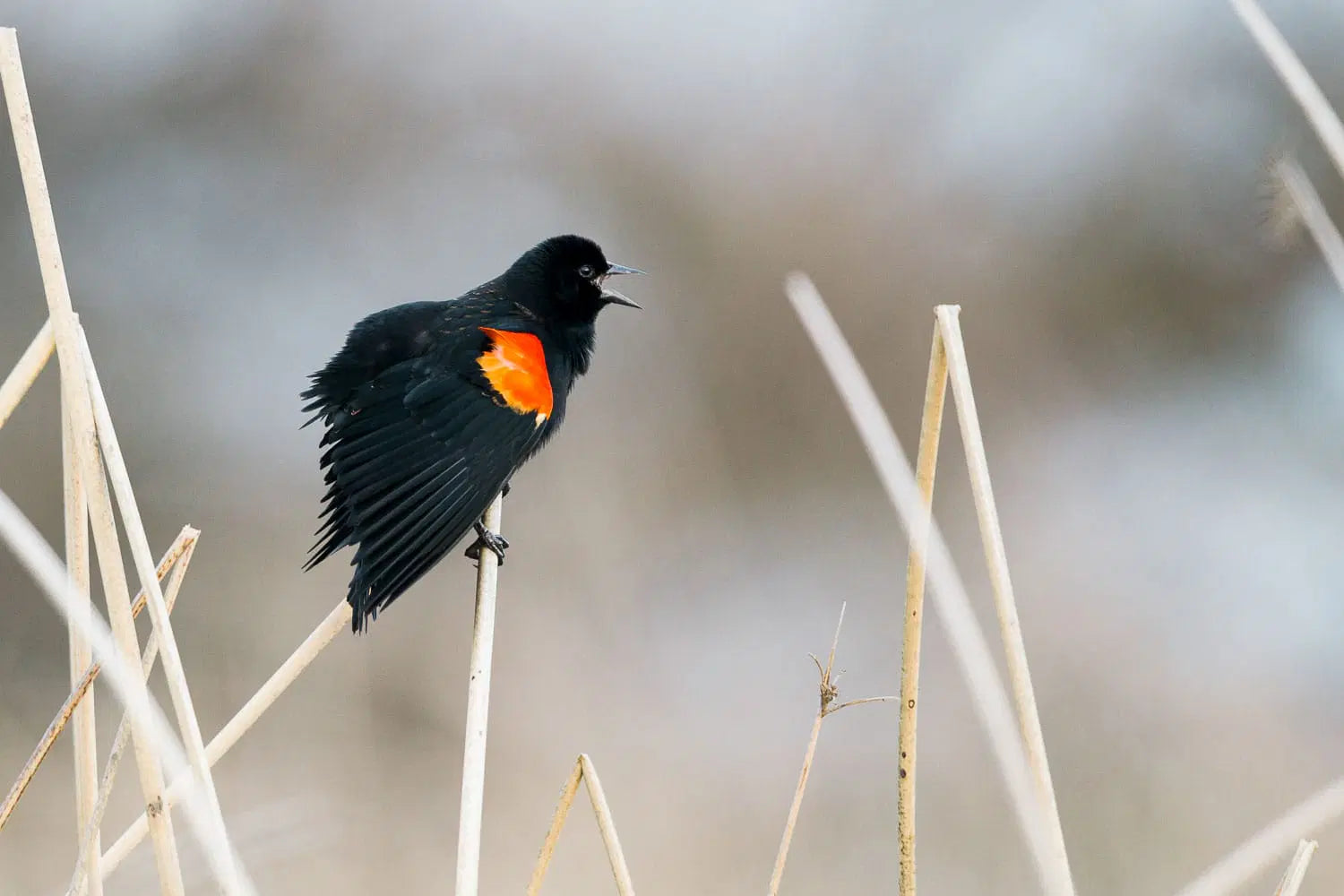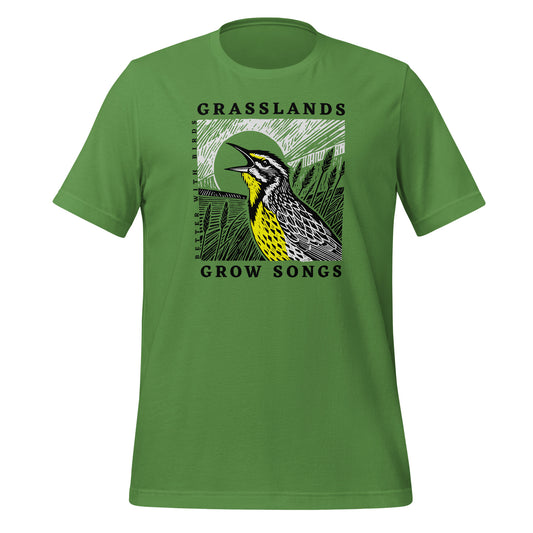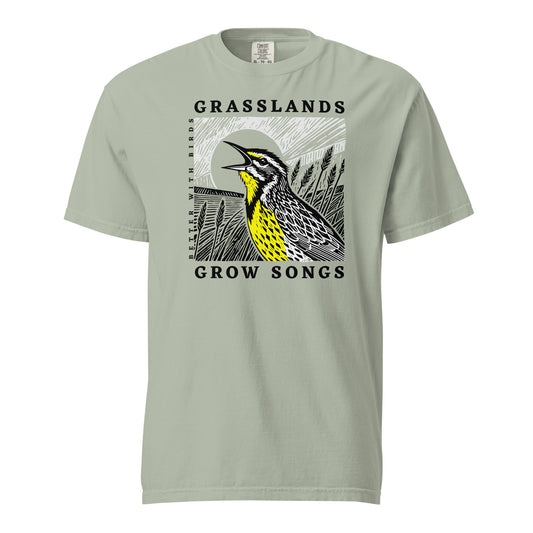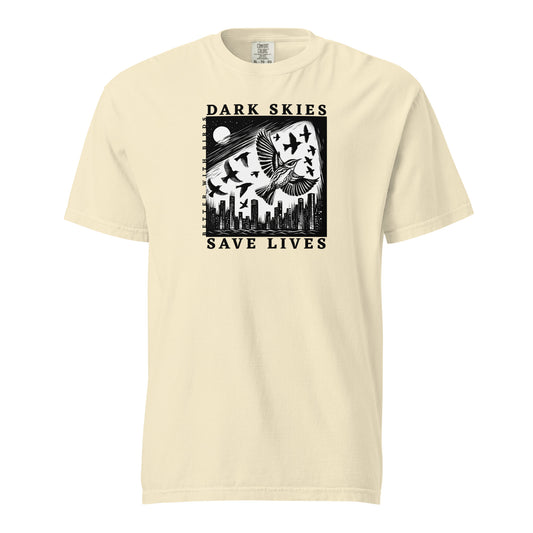Can Birds Smell?
Feature photo: Andrea Izzotti/Vecteezy
Read Time: 5 minutes
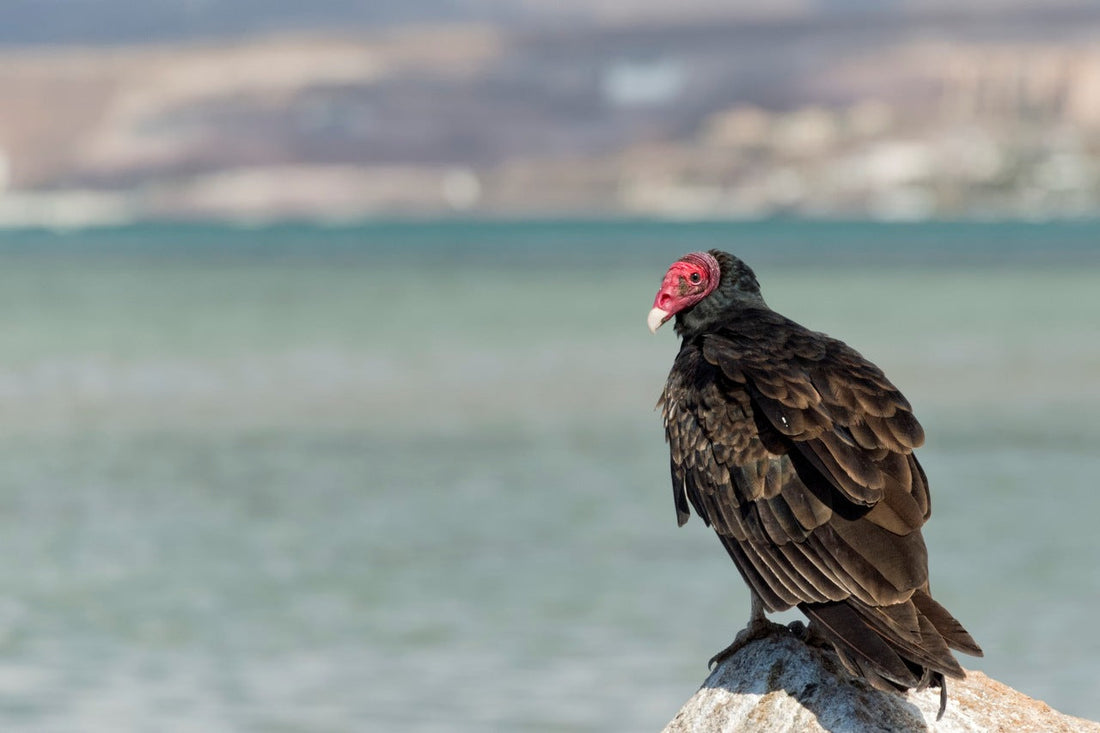
This post contains affiliate links. If you use these links to buy something, we may earn a commission at no additional cost to you. We only recommend products we fully support or use ourselves. Our full disclaimer
PIN THIS FOR LATER

